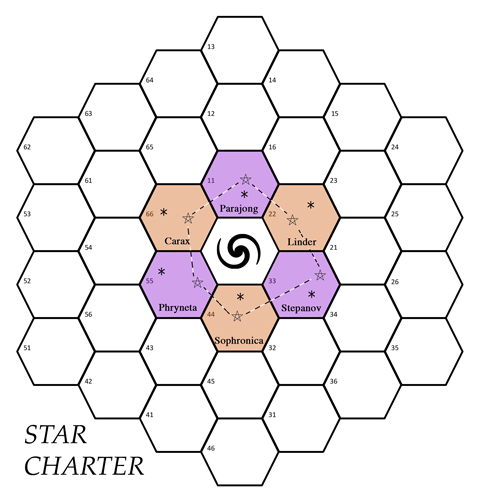The RWinder recently posted a 10 Principles of Make as You Play games blog post which is a great primer of things to keep in mind while developing a game. The whole post is definitely worth a read, but I’m going to make a reference post, for myself here, including the definition of a MaYP game.
- You start with some rules and minimal materials, where these materials can either be purchased cheaply or taken from a wide variety of other games.
- You make almost all the content yourself staying within the bounds of the rules.
- You use your imagination to supplement these rules—either in writing stories or naming content.
- You can continue to play each new game in a campaign using ALL the content from the previous games you played, so the game continues to grow indefinitely.
- Games should leave permanent artifacts that retain long-term relevance.
- There must be skill or decisions, or it is less a “game” than a toy or creative writing exercise.
- The game must have a playable—and fun—state from the beginning.
- Games must have discrete, “session sized” goals from the start, even if they change.
- Games should not become trivially easier or unaccountably harder as content is created and added.
- The materials you need are not too difficult to procure and do not surprise the player mid-game.
- If the game is not playable indefinitely, then there should be an imposed limit on the number of the components.
- The game should not overtax creativity, or it will become overwhelming.
- The game complexity and creative burden should be scaled (inversely) with the number of players.
- The things created and named in the game must support variability, emerge from simpler elements, and be fun to make.
2 and 4 are definitely things I need to keep in mind whilst working on games.
This is a post about the design and development of a currently unnamed Shipwreck Game. You can see the other Blog posts read more


